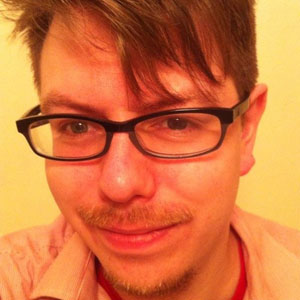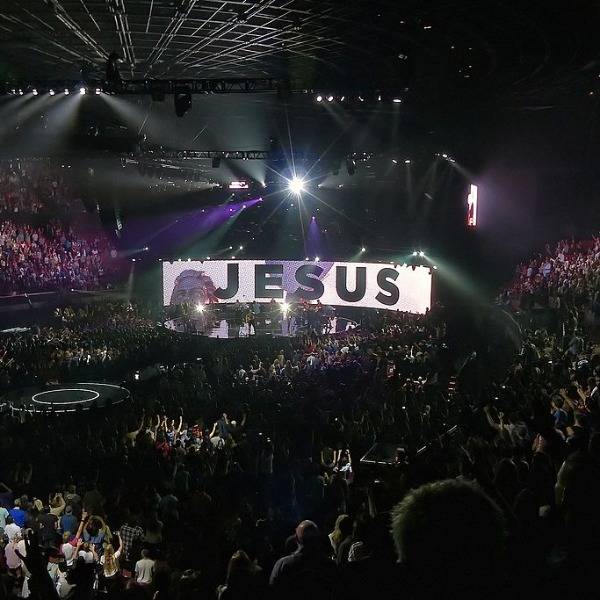
I was nine years old when childish things were put away.
I watched my toys being packed up and sealed into a cardboard box. Presents from Christmas, like my treasured Millennium Falcon and X-Wing fighters, bought after watching Star Wars for the first time and my given-for-birthday Spectrum games where I fought valiantly against hordes of ghosts and monsters to save the damsel in distress.
The selection was made by an elder who would decide if the toys were to be buried or burnt. They were chosen on the basis of whether they suggested a power beyond that of Jehovah – blasphemy for Jehovah’s Witnesses like us – or evoked the occult and satanic machinations. Even Pacman could not escape this moral maze.
Just a year before this, at school assembly, we had thanked God for the rain. Which got me wondering: if God decided where the rain should fall, why was there drought and famine in Africa? If we were all God’s children, didn’t we all deserve life-giving water?
My mother did not have the answers. There were no science books at home, and the internet did not exist. That same evening there was a knock. It was the Jehovah’s Witnesses. My mother put the question to them, and their answer made her start a bible study with them.
By the time I was ten this study involved four two-hour meetings a week, door-to-door ministry at the weekend and about 20-odd hours of personal study in preparation for questions at meetings. At these we read Watchtower and Bible Tract Society publications, and checked our bibles to find the scriptural references.
For me high school was home school. The TV aerial was removed to prevent me watching subversive programming. It was around the time of the first Iraq war, and the faithful muttered that the end of days were clearly at hand.
Of all faith groups the Jehovah’s Witnesses has the biggest exodus of children once they are adults. My time came early. Our lodger piqued my interest with funny quotes from Douglas Adams’ Hitchhiker’s Guide to the Galaxy – a book unsurprisingly banned by the elders not only for its suggestions that aliens built the earth, but that they built it for mice. I read it in secret.
At first I wanted to dispute it – to find evidence that it was God, not aliens, who made the earth. I searched Society publications for answers but instead unearthed prophecies that had been made during the 1920s, but never come to pass. My head swam. I found older editions of Witnesses books which proved the faith’s dogma had changed. An old edition said that those destroyed at Sodom and Gomorrah would be given a second chance after Judgement Day. Now, the new edition said they had already been judged and consigned to eternal destruction. There was no acknowledgement of the change in the supposedly timeless texts – it just happened.
I was 14 when my mother and I decided to leave. Her doubts began because she would not say “only those that call on the name of Jehovah will be saved”. She felt it was for God, not man, to make such judgements (the elders did not allow her to go door to door).
Even now, 20 years on, I can recall my father's tears of joy on one of his weekly visits, as I told him that we had left the Jehovah’s Witnesses. For years he had not revealed his true feelings for fear that he would not be allowed to see me or my brother. His amateur dramatics in local Gilbert and Sullivan productions paid off in his once-a-week performance as Dad.
Having left, the biggest loss was the religious community. Beyond our father and our lodger, who was tolerated by the elders because he did not “practise” his homosexuality at our home, we didn’t associate with anyone outside the faith because “bad associations spoil useful habits”. It was believed that Satan and his minions could use outsiders to get you to leave. Apostates were willing agents of the evil one.
So there was no one to talk to about losing my religion. Initially my mother had been concerned that I would be the one still committed to the faith, but we reacted very differently on leaving. She still believed in Jehovah, and felt that the Society had failed to represent him faithfully. My own view was initially deist, and I began learning about other faiths and whether science had answers that scripture did not. Our views drifted further and further apart. She still read the Society publications, while I did not even want them on the shelf. I had realised how easy it was to believe passionately in something that was not worthy of such devotion.
My private study of evolution, through reading Richard Dawkins, and my desire to go back to school eventually destroyed the relationship with my mother. With the TV aerial back on the roof, she shouted at David Attenborough whenever he used the word “evolution” on his wildlife documentaries. I was no longer turning to her for advice or counsel and I was no longer able to help with the care of my brother as I had when I was taught at home. I was using the library to do homework without the distractions of family life. Plus I finally discovered parties and socialising and friends. There was resentment too, on my part, that my mother had been so gullible as to believe what the Jehovah's Witnesses said. My adolescent self was being reborn in a brave new world but I mourned a childhood of no celebration and no friends.
Going back to secondary school seven months after leaving the faith helped in so many ways. Of course there was bullying to start with as the new kid, but being in the school play changed everything. There I first experienced camaraderie and a sense of belonging with my own peer group. And it helped me to understand why my father had the acting bug. I also became the chess captain when chess had a brief resurgence as Britain's Nigel Short took on Russia’s Gary Kasparov.
Without the lifeline provided by teachers, I honestly do not know what story I would be writing now. My mind was made up that I would achieve something that nobody in my family had done before – attend university (hardly a priority when you think the end of the world is coming soon).
It took me five years to get over the instincts that constant mind-training had installed in my impressionable young brain. On the rare occasions that I have met others who grew up in the faith and left, it has been of great mutual benefit to discuss our common experiences. It is something I wish my adolescent self had access too. This is why the Apostasy Project is so important. None of us should take for granted how difficult it is for someone with doubts to reach out. There needs to be someone to answer when they do.

